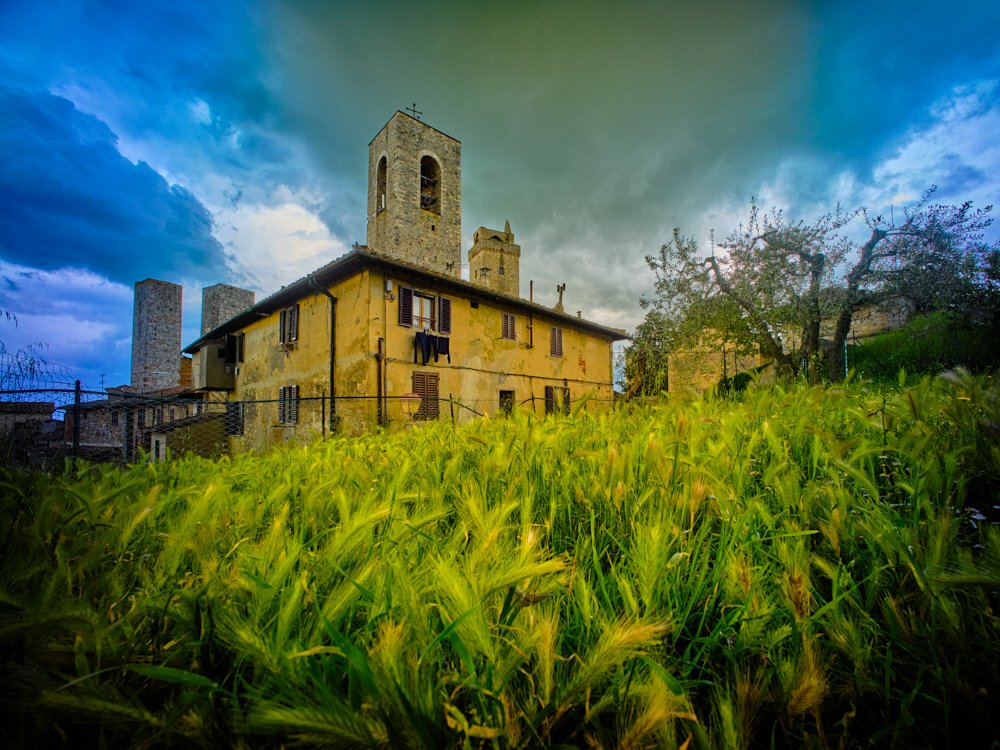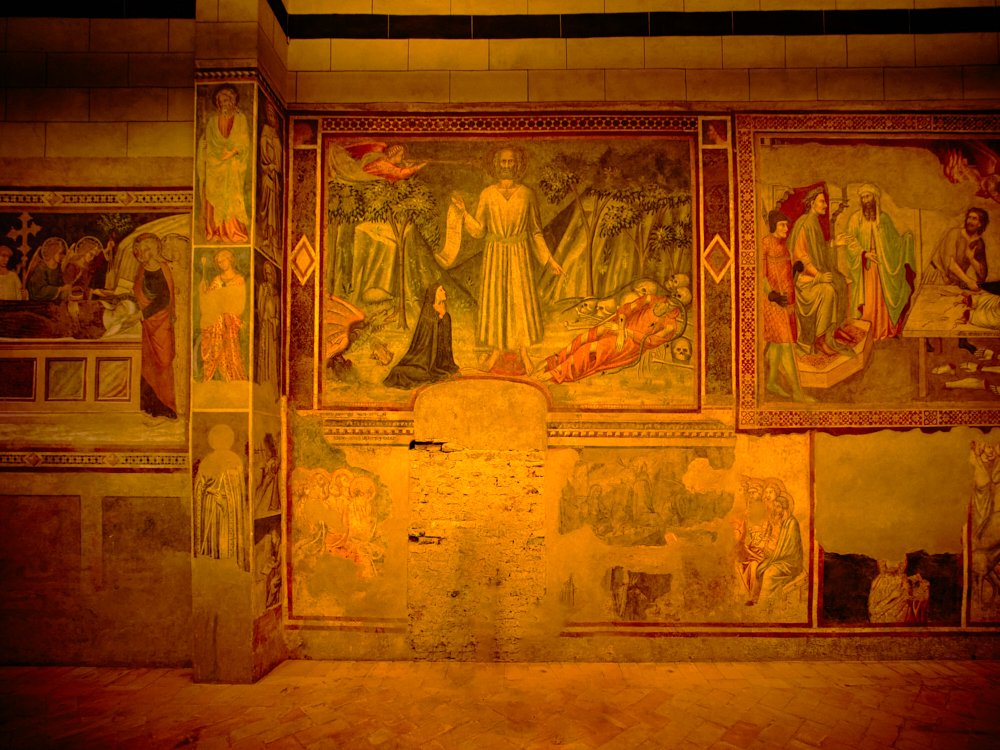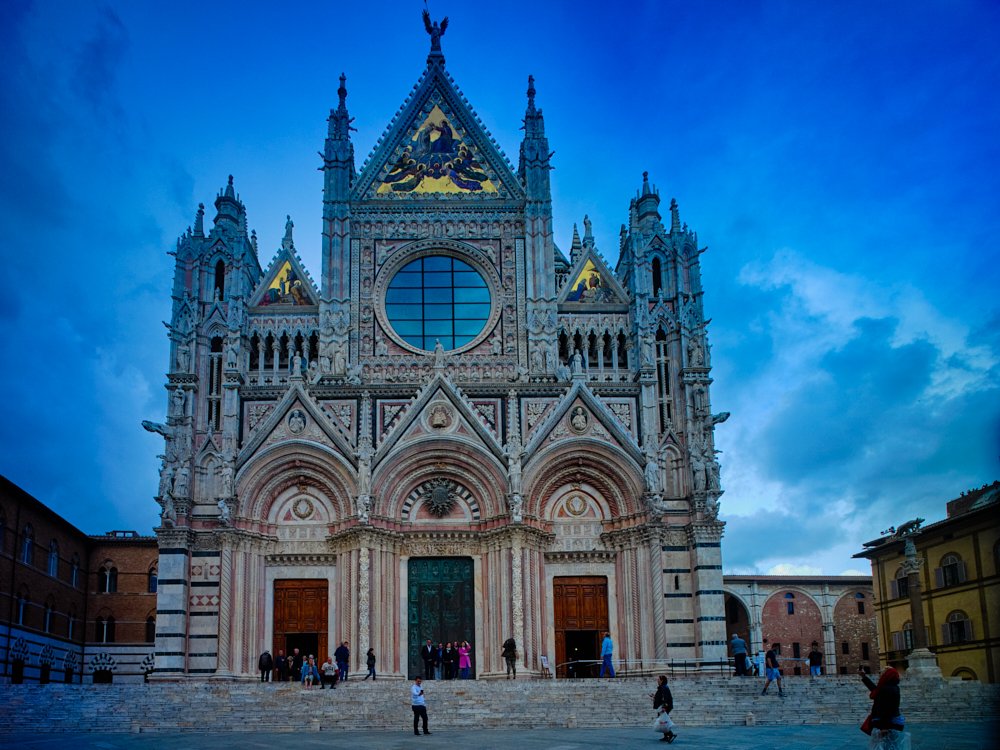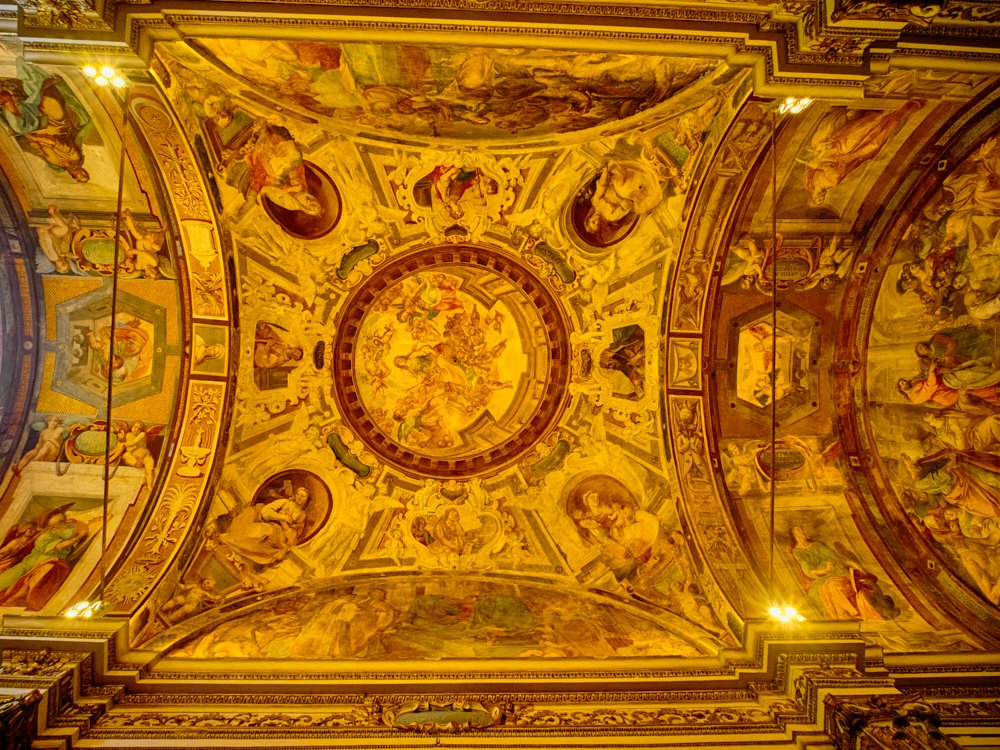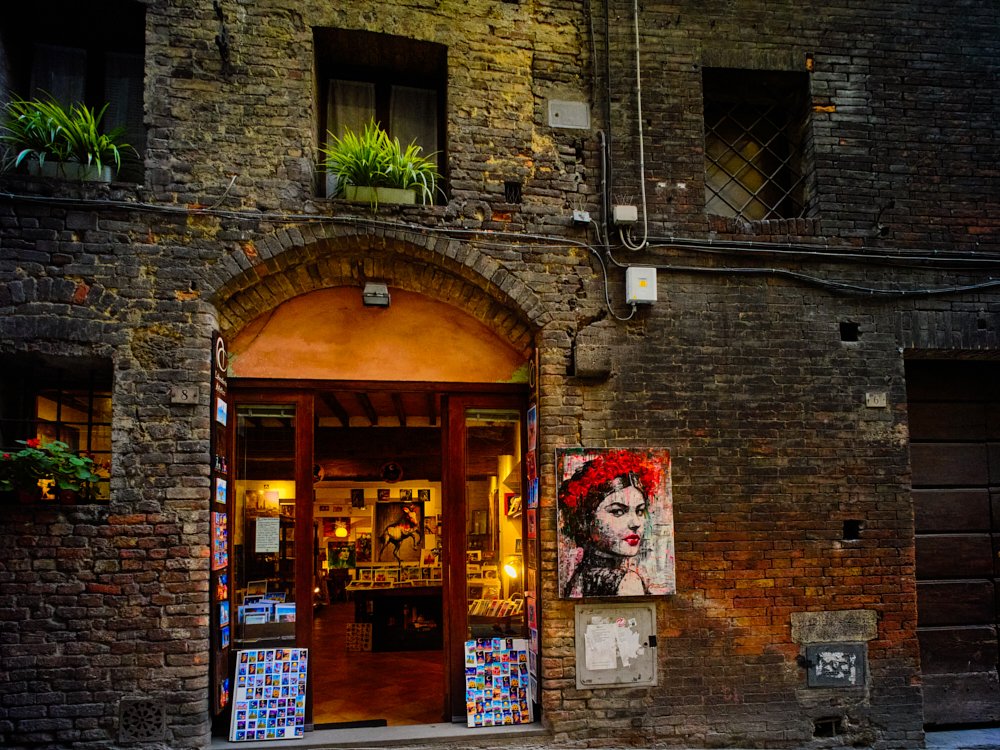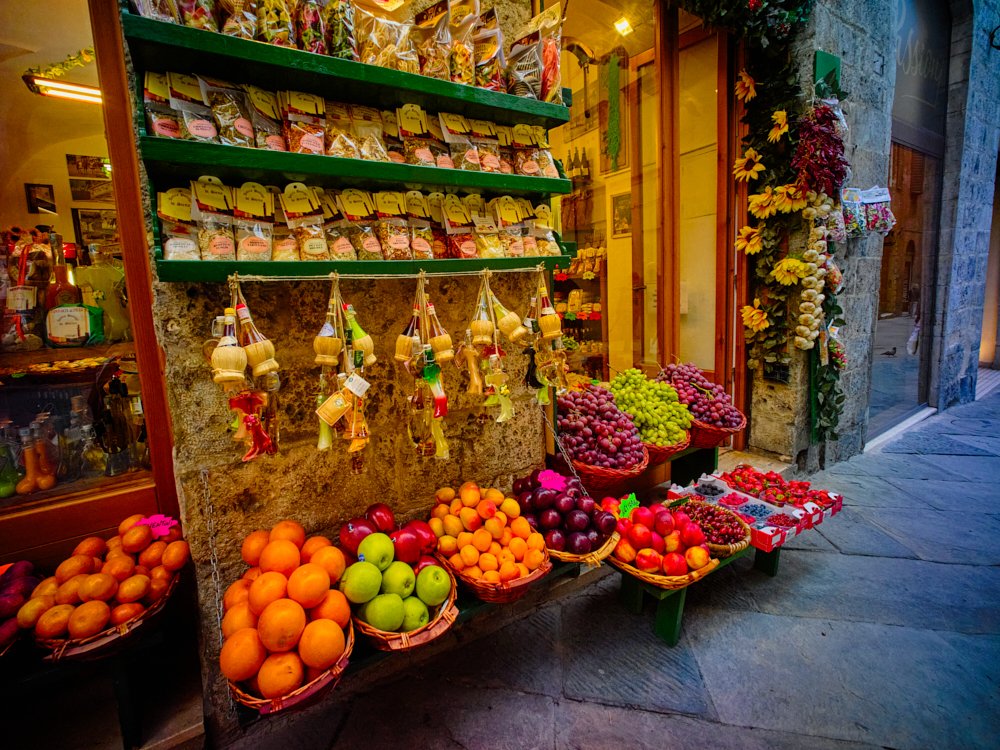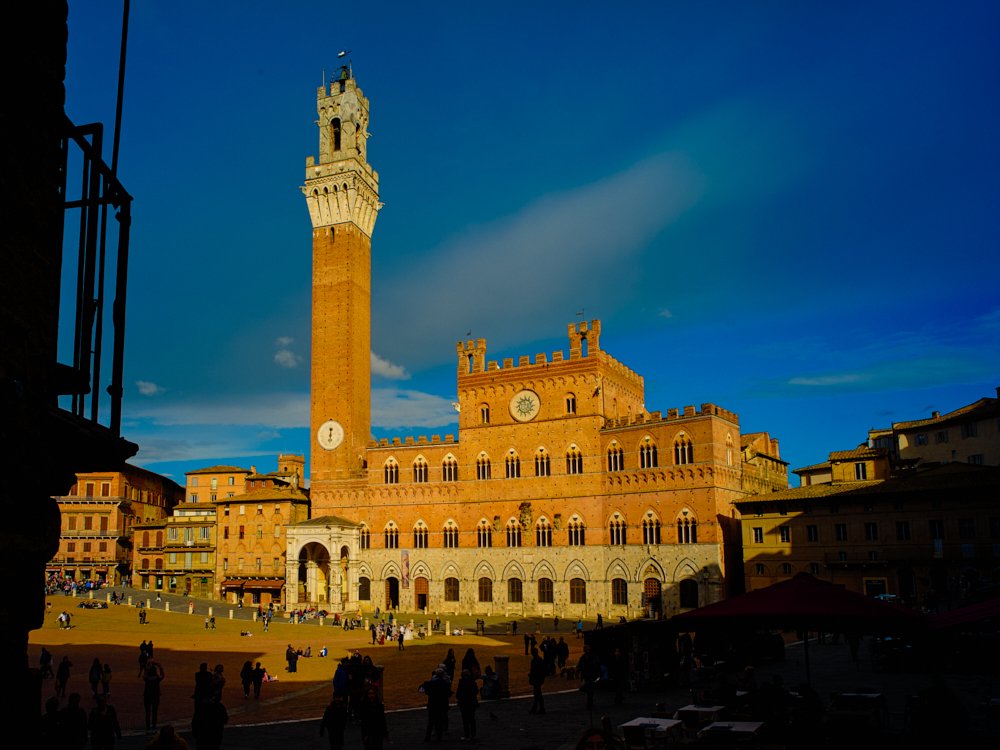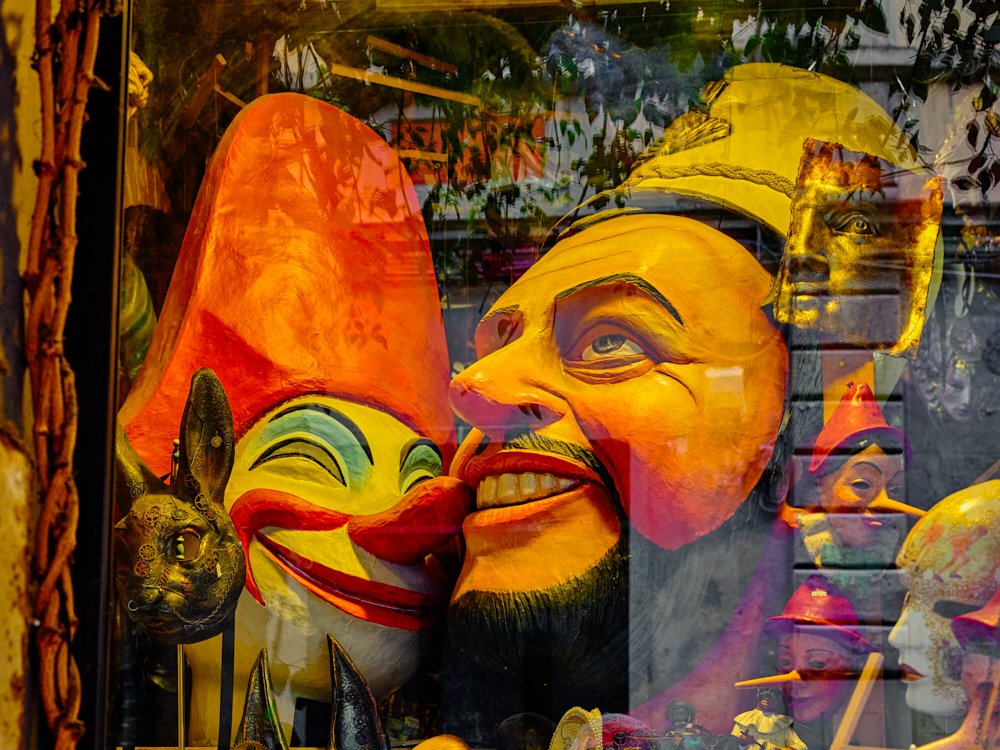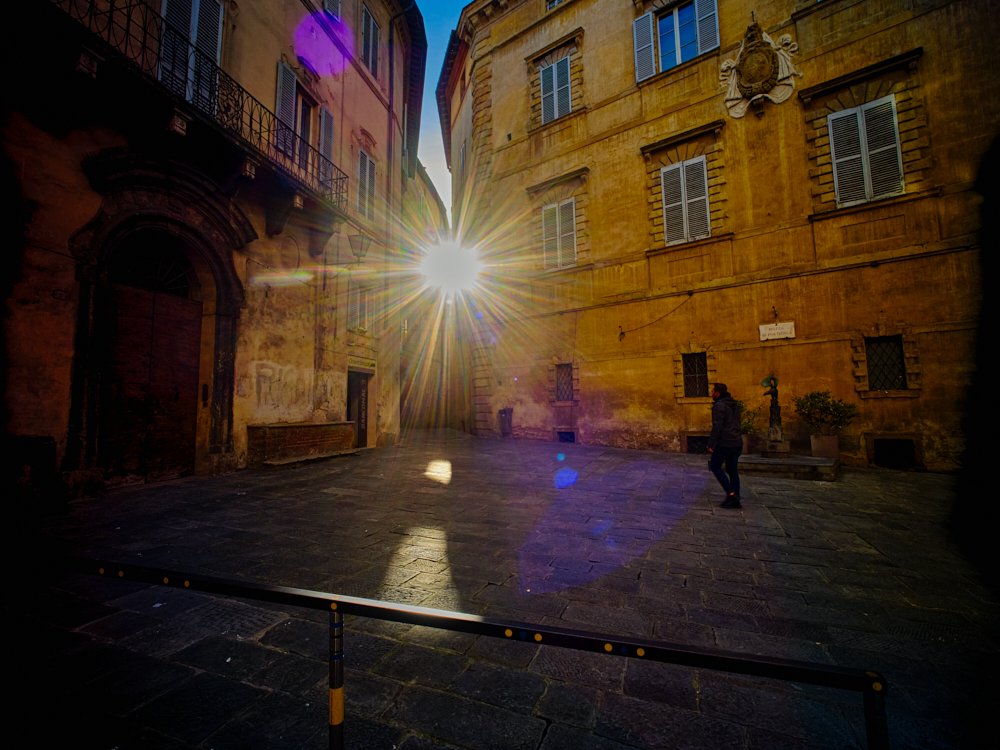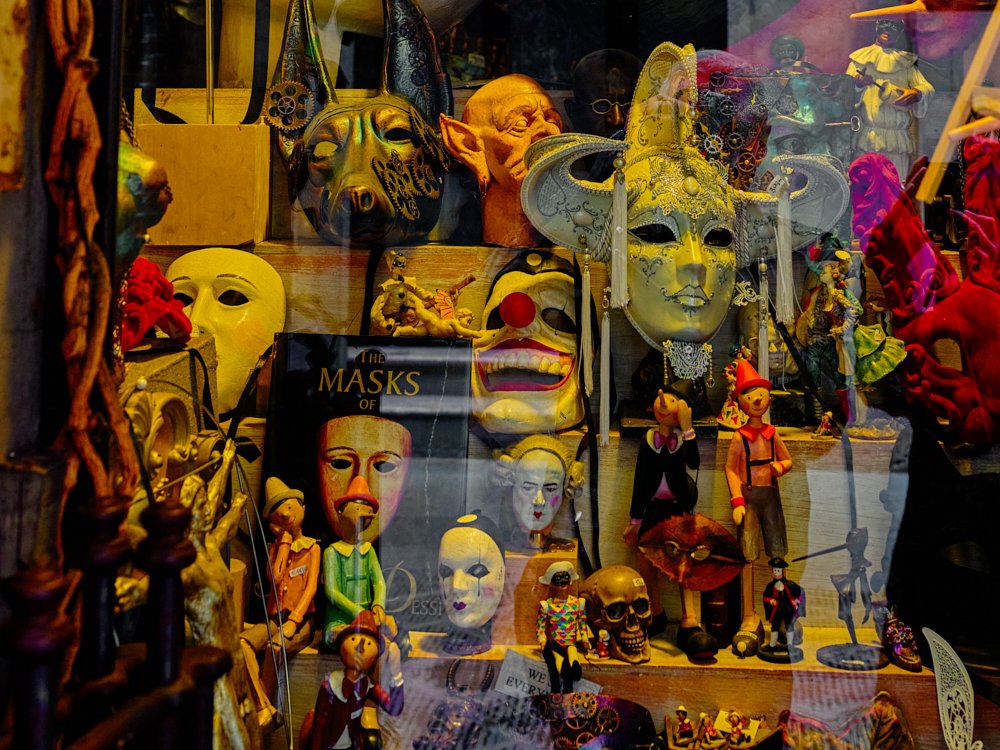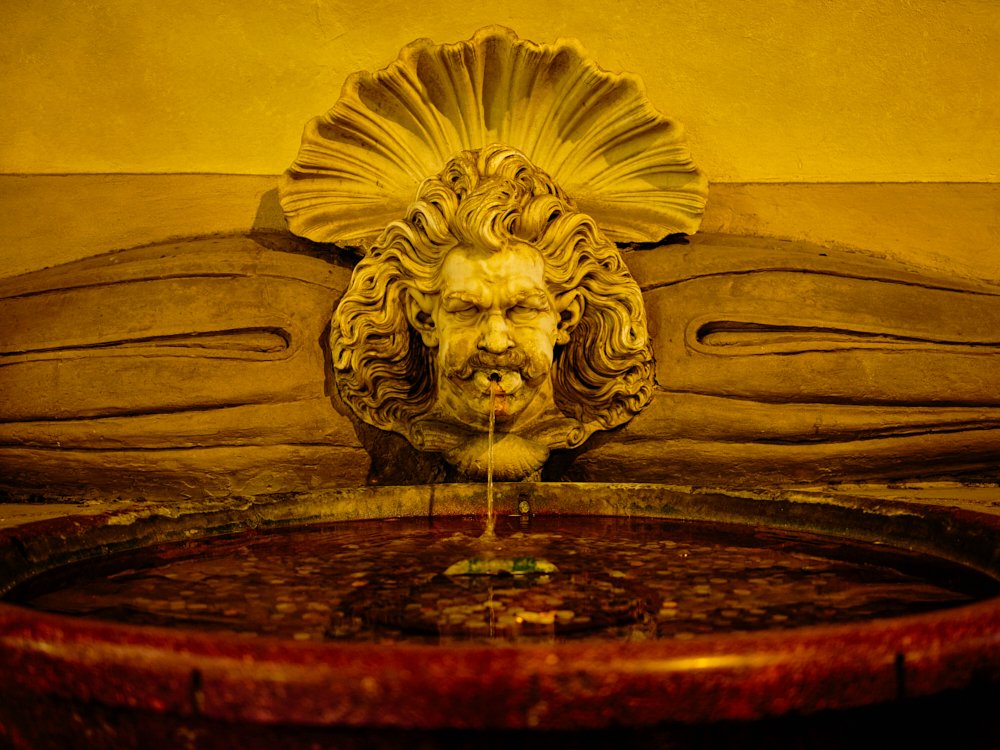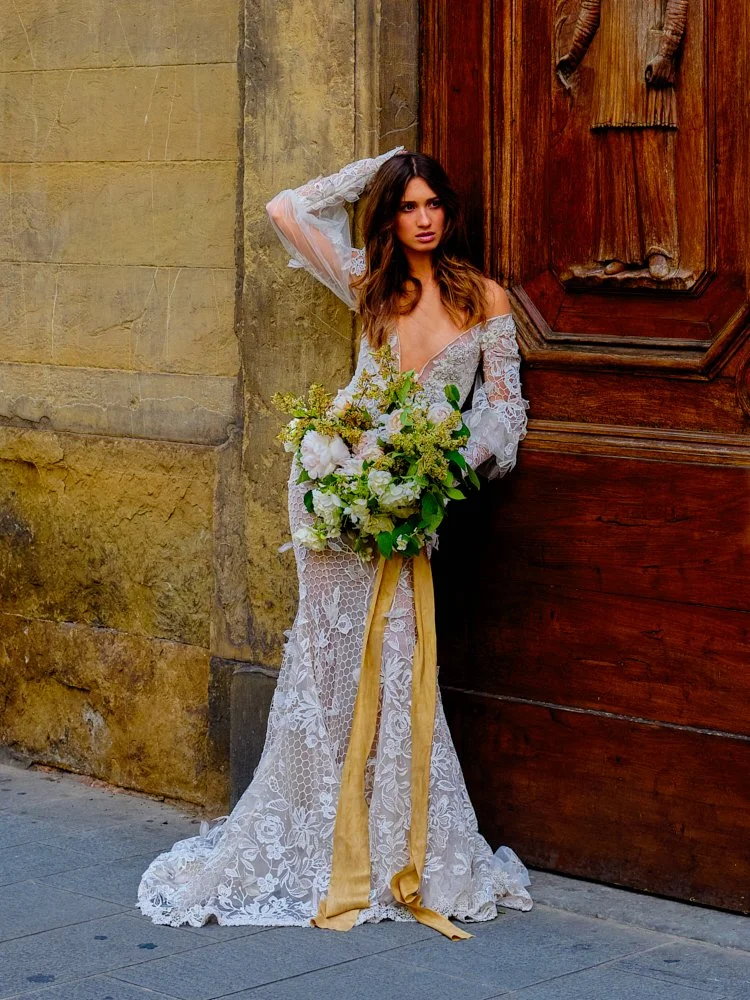com'era, dov'era
Ethereal hill towns, heavenly art, vino to die for... dream holiday to Tuscany
Over the endless hot summer, the earth had absorbed enough sun to add an inner glow to the dagger-like cypresses and the chalky hills, blurry in the twilight mist. A decade-old bottle of Vino filled my glass as I munched on crusty bread dipped in pressed olive oil Tuscany's green potion. Then, I put on an old Opera record singing one of Puccini's arias from Madame Butterfly for the full Tuscan blow. I had to ask myself: "Come on, do I realize how lucky I am?"
There is Italy, and then there is Tuscany, with the arty Etruscan heritage, who informed the Romans of everything they knew. Already one of the wealthiest regions in medieval Europe, the Renaissance arrived. Tuscany slid into retirement, leaving much of its unique art and architecture alone, as the Italians say, com'era, dov'era ('as it was, where it was'). It's no wonder that many returns to the region for their fix of vision.
The hill towns below Siena are the most obvious of the many parts of Tuscany, where you will be dizzied by its excellent looks. Even just a few days here are candy for the mind.
The cypress-lined lanes appear on half of Tuscany's postcards: from the Via Francigena to Rome. Towns like Santi Quirico e Giulietta, with mermaids and scaly fish dragons French kissing over the door, should be on your visiting list. Pilgrims on the way to Rome look forward to soaking in the waters at Bagno Vignoni, the ancient pool, where St Catherine of Siena and Lorenzo de' Medici once soaked. You will find priceless views over the hills like Montalcino, a hill town on the Via Francigena. Here around, you can taste and get the divine Brunello.
Tuscany is full of surprises. You might be interested in seeing Piero Della Francesca's 15th-century fresco cycle, the Legend of the True Cross, in the church of San Francesco. After the restoration, the fresco looks as if painted yesterday.
Back in the days of the Black Death, the elite escaped into the country and built their villas. They wanted to create a countryside as beautiful as their frescoes. They succeeded somehow, and now everything looks like a painting, A 14th-century moment frozen in time.
Oh, I dream on and put on some more Puccini and another glass of vino.





